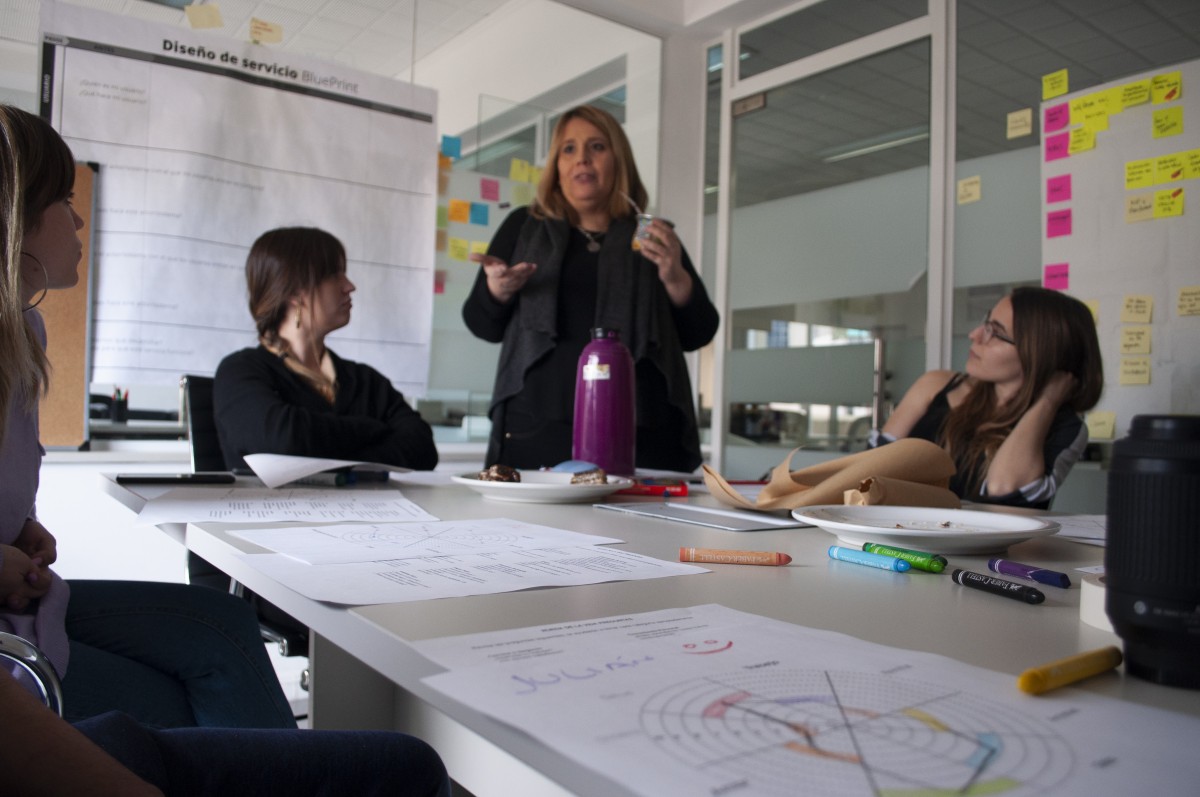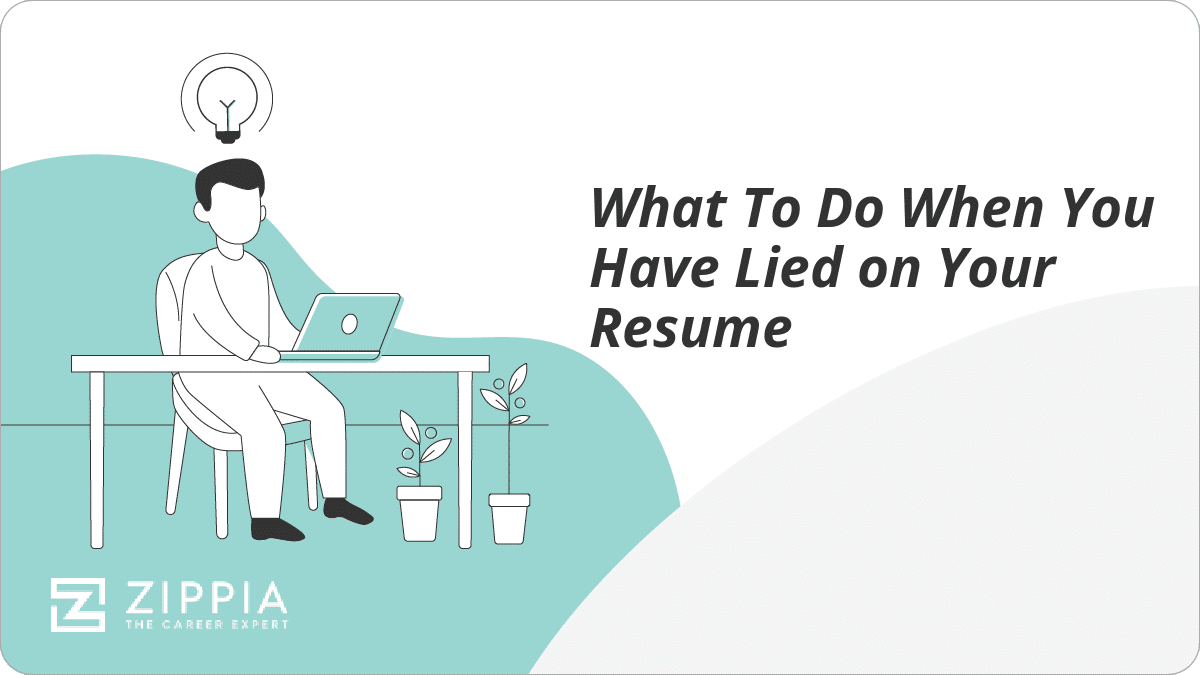- Common Questions
- Interview Questions
- How To Answer Tell Me About Yourself?
- Elevator Pitch
- Where Do You See Yourself In 5 Years?
- What Are Your Career Goals?
- When Can You Start?
- How Do You Define Success?
- Describe Your Work Ethic
- Where Are Your Current Duties?
- What Are Your Learning Goals?
- Intrinsic Vs Extrinsic Motivation
- What Is Your Desired Salary?
- What Makes You Unique?
- Why Are You The Best Person For This Job?
- Reasons For Termination
- What Are Your Work Values
- How To Make A Hard Decision?
- What Are You Most Proud Of?
- Personal Code Of Ethics
- Problem Solving Interview Questions
- Taking Initiative Example
- How Do You Prioritize Your Work
- Explain Gaps In Employment
- Most Rewarding College Experience
- What Is Your Work Style
- Tell Me About A Time When You Made A Mistake On The Job
- Tell Me About Gaps In Employment
- What Are You Passionate About
- What Skills Would You Bring To The Job
- Who Is Your Mentor?
- Tell Me About Gaps In Employment
- How To Answer Tell Me About A Time You Disagreed With Your Boss
- How To Answer Common Screening Questions
- How Do You Handle Stress
- Are You Willing To Travel?
- Do You Work Well With Others?
- Why Do You Want To Work Here?
- What Is Your Greatest Weakness?
- Where Else Are You Interviewing?
- Tell Me About A Time You Failed
- How Do You Like To Be Managed?
- Do You Have Any Questions For Me?
- What Gets You Up In The Morning?
- What Do You Know About Our Company?
- What Is Your Greatest Strength?
- Types Of Questions
- Situational Interview Questions
- Promotion Interview Questions
- Internal Interview Questions
- Open Ended Interview Questions
- Tough Interview Questions
- Leadership Interview Questions
- Teamwork Interview Questions
- Interview Questions About Communication
- Personality Interview Questions
- Internship Interview Questions
- Ice Breaker Questions
- Recruiter Interview Questions
- Brain Teaser Interview Questions
- Group Interview Questions
- Grad School Interview Questions
- Scrum Interview Questions
- Excel Interview Questions
- Common Phone Interview Questions And Answers
- Job Specific Questions
- Why Did You Choose Nursing?
- Why Do You Want To Be A Teacher?
- Why Do You Want To Be A Doctor?
- Police Officer Interview Questions
- Why Do You Want To Be A Police Officer?
- Why Do You Want To Be An Accountant?
- Sales Interview Questions
- Interview Questions For Managers
- Retail Interview Questions
- Teacher Interview Questions
- Accounting Interview Questions
- Teaching Philosophy Examples
- Management Philosophy Examples
- Leadership Philosophy
- What Does Customer Service Mean To You
- Why Interviewers Ask the Question “What Is Your Greatest Strength?”
- How to Prepare Your Answer to “What Is Your Greatest Strength?”
- Mistakes to Avoid: What Not to Say to “What Is Your Greatest Strength?”
- Example Answers to “What Is Your Greatest Strength?” Interview Question
- Final Thoughts
- Sign Up For More Advice and Jobs
“What is your greatest strength?”
This may seem like one of the more straightforward of the most common interview questions you’ll run into.
Your answer to this question is important because it’s a great opportunity to let the interviewer know of your accomplishments, your talents, and why you’re the most qualified applicant for the position. You want to stand out from the crowd with your answer.
The hiring manager is going to be looking for one of two things in your answer: trying to figure out if you’re perfect for the job, or if you absolutely won’t fit — so don’t be shy. Here are some tips for answering this job interview question, common mistakes to avoid when answering, and example answers to pull it all together.

Why Interviewers Ask the Question “What Is Your Greatest Strength?”
There are a few reasons why hiring managers and recruiters commonly ask this question. They aren’t looking for you to tell them about your excellent baking skills, or how well you can pick your fantasy football team. Here are some of the things are they are looking for when asking that question:
-
To determine if your strengths align with the company’s needs. Like most questions you’ll hear at a job interview, a hiring manager is trying to determine if your skill set is what’s required for the open job. The strengths you mention better align with the job description, or you’re not taking full advantage of this question.
-
Set you apart from other candidates. Every candidate has a different set of strengths and weaknesses, and some are more or less important to the company and the position they’re trying to fill. While two individuals may have the same resume, the way they talk about their strengths and weaknesses will help a company distinguish between the two.
-
Test your self-assessment. Recruiters and hiring managers are interested to see how self-aware you are as an employee. The best employees are aware of their strengths and leverage them to succeed in the workplace, while knowing when to seek help with their weaknesses.
How to Prepare Your Answer to “What Is Your Greatest Strength?”
It’s important to bring up traits that qualify you for the specific job and make you stand out from everyone else.
Talking about your greatest strengths gives interviewers a look into your personality, what you value as an employee, and what you think gives you an advantage over other applicants.
Here are some tips to get you started thinking about how to answer this:
-
Make a list. Write down a list of your skills that line up with the qualifications listed on the job posting. This can include education, training, or past work experiences — jot down notes in your padfolio.
-
Include soft skills and hard skills. Soft skills are personal traits you need to succeed in the workplace. Some valuable soft skills are communication, leadership, multitasking, problem-solving, attention to detail, and time management — to name a few.
Hard skills, on the other hand, are a set of skills that are job-specific and usually learned through education or training. Some common hard skills are writing, web design, computer programming, finance, etc. These are skills that can be evaluated and measured.
-
Determine what you’re successful at. This is a great way to figure out what you’re best at. What parts of your work do you like the most? What parts of your work are the easiest for you to do – particularly things that seem difficult for other people?
-
Know how others describe your strength. What do other people think your strengths are? An outside perspective from a friend or a co-worker can offer insightful and helpful answers. Ask about examples and put together a story.
The interviewer wants to know what you consider to be your strengths and if they’re relevant to the position — not if you’d be a good party companion or a great fitness coach.
Job interviews are not the time for modesty, don’t just list off a bunch of positive qualities to describe yourself. This is the time to go into detail about your skills.
-
Narrow down your list to 3-5 strengths or skills. The qualities you choose to mention have to be relevant to the job or they won’t matter to the employer.
The closer a match you are to the qualifications, the more likely it is that you’ll get a job offer.
-
Think of examples of when you’ve used each strength in the past. Being able to tell a story that demonstrates your qualities speaks more than just listing them, while also making you more memorable to the interviewer.
This isn’t quite a behavioral interview question, but it’s still good to use the STAR method when answering this question (and other common job interview questions).
When you can show your strengths and weaknesses in context, it shows greater self-awareness and paints a more vivid picture for the hiring manager or recruiter. Just remember to stay on topic — save your party stories for the water cooler.
-
Use your strengths to connect to the core values of the organization. If you can tell a story about how your strengths led to accomplishments in the past, and then look towards incorporating them into your career goals, that’s a winning answer.
Mistakes to Avoid: What Not to Say to “What Is Your Greatest Strength?”
Before we get into example answers, here are some things you definitely want to avoid in your answer:
-
Rambling answers. We get it, you’re a super-talented individual with a whole constellation of strengths. That’s great, but keep your answer to this question (and most other job interview questions) concise. A great way to keep yourself from rambling is to practice what you want to say before the interview.
-
Exaggerations or lies. The interviewer might look into your references and discover that you have no tangible basis for claiming the strengths you claimed. Plus, why lie to get a job – it’s just going to be embarrassing for everyone when it turns out you’re not as skilled as you sold yourself to be.
-
Accidental weaknesses. If you tell a story about how you stepped up to the leadership position and discovered you had some serious leadership potential, that’s great.
But if your story goes on about how you micromanaged every element of the project and were the sole reason for its success, you’ll look like a bigheaded jerk instead of the hero you’re trying to make yourself out to be. Employers are looking for team players and someone who can work in a group.
Example Answers to “What Is Your Greatest Strength?” Interview Question
It’s important to think strategically about what specific skills will make you the most qualified person for the job. Here are some examples of how you can use this question to your advantage:
-
“What Is Your Greatest Strength?” Example Answer 1
“I pride myself on my excellent time management skills, ability to self-edit, and my attention to detail.
Working as a writer for a local newspaper, I had to be able to effectively make use of my time in order to meet deadlines. My attention to detail and editing skills allowed me to produce readable and entertaining content for a variety of publications.”
Why it’s good: This is a good answer because the candidate has mentioned soft skills (time management, self-editing, attention to detail) as well as a hard skill (writing).
They have told a story about working for a local newspaper to show how they put those skills to use, while also showing that they have written for several other publications.
Let’s just hope they don’t pull out the manuscript for their novel.
-
“What Is Your Greatest Strength?” Example Answer 2
“I’m a highly organized and result-oriented individual with excellent communication skills.
With my background in teaching at a secondary level, it was imperative that I was able to organize lessons, communicate with and listen to my students, and motivate them to do well in my classes. Because of my proficiency with these skills, students in my classes had a passing rate of 96 percent.”
Why it’s good: This interviewee has also successfully managed to mention a list of soft skills (organization, result-oriented, communication) as well as a hard skill (teaching).
They have told a short story about using their skills in their classroom and that these skills have led to the success of their students.
It wouldn’t be a surprise to hear that every class session ended with an applause of “O’ Captain, My Captain”.
-
“What Is Your Greatest Strength?” Example Answer 3
“I take great pride in my ability to resolve difficult situations, both internally and with customers. In my past roles in customer service, I’ve always attained a high rate of positive feedback and actually managed 100% customer success reviews in the first quarter of 2020.
I tie this back to my conflict resolution skills, my ability to be empathetic to all parties, and my knack for staying calm under pressure.”
Why it’s good: This person displays confidence in key skills necessary for a job in customer service and backs it up with quantifiable accomplishments from the past. They bring in the soft skills that they attribute their past success to and show why they’d be great for the job now.
Final Thoughts
When preparing your answer, use open-ended interview questions like this to make your response memorable with stories. Remember that the real concern behind the greatest strengths question (and all the rest of the most common job interview questions) is to determine whether or not you are the best person for the job.
Use this question to your advantage and make yourself seem valuable as an employee with specific details. With some preparation and a little storytelling, you can take advantage of this question and leave a positive impression on your interviewer.
- Common Questions
- Interview Questions
- How To Answer Tell Me About Yourself?
- Elevator Pitch
- Where Do You See Yourself In 5 Years?
- What Are Your Career Goals?
- When Can You Start?
- How Do You Define Success?
- Describe Your Work Ethic
- Where Are Your Current Duties?
- What Are Your Learning Goals?
- Intrinsic Vs Extrinsic Motivation
- What Is Your Desired Salary?
- What Makes You Unique?
- Why Are You The Best Person For This Job?
- Reasons For Termination
- What Are Your Work Values
- How To Make A Hard Decision?
- What Are You Most Proud Of?
- Personal Code Of Ethics
- Problem Solving Interview Questions
- Taking Initiative Example
- How Do You Prioritize Your Work
- Explain Gaps In Employment
- Most Rewarding College Experience
- What Is Your Work Style
- Tell Me About A Time When You Made A Mistake On The Job
- Tell Me About Gaps In Employment
- What Are You Passionate About
- What Skills Would You Bring To The Job
- Who Is Your Mentor?
- Tell Me About Gaps In Employment
- How To Answer Tell Me About A Time You Disagreed With Your Boss
- How To Answer Common Screening Questions
- How Do You Handle Stress
- Are You Willing To Travel?
- Do You Work Well With Others?
- Why Do You Want To Work Here?
- What Is Your Greatest Weakness?
- Where Else Are You Interviewing?
- Tell Me About A Time You Failed
- How Do You Like To Be Managed?
- Do You Have Any Questions For Me?
- What Gets You Up In The Morning?
- What Do You Know About Our Company?
- What Is Your Greatest Strength?
- Types Of Questions
- Situational Interview Questions
- Promotion Interview Questions
- Internal Interview Questions
- Open Ended Interview Questions
- Tough Interview Questions
- Leadership Interview Questions
- Teamwork Interview Questions
- Interview Questions About Communication
- Personality Interview Questions
- Internship Interview Questions
- Ice Breaker Questions
- Recruiter Interview Questions
- Brain Teaser Interview Questions
- Group Interview Questions
- Grad School Interview Questions
- Scrum Interview Questions
- Excel Interview Questions
- Common Phone Interview Questions And Answers
- Job Specific Questions
- Why Did You Choose Nursing?
- Why Do You Want To Be A Teacher?
- Why Do You Want To Be A Doctor?
- Police Officer Interview Questions
- Why Do You Want To Be A Police Officer?
- Why Do You Want To Be An Accountant?
- Sales Interview Questions
- Interview Questions For Managers
- Retail Interview Questions
- Teacher Interview Questions
- Accounting Interview Questions
- Teaching Philosophy Examples
- Management Philosophy Examples
- Leadership Philosophy
- What Does Customer Service Mean To You






